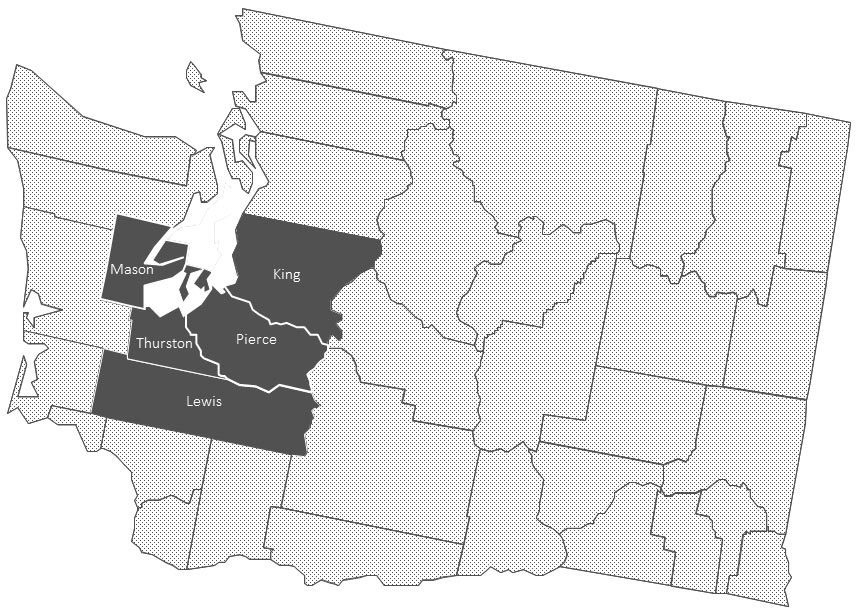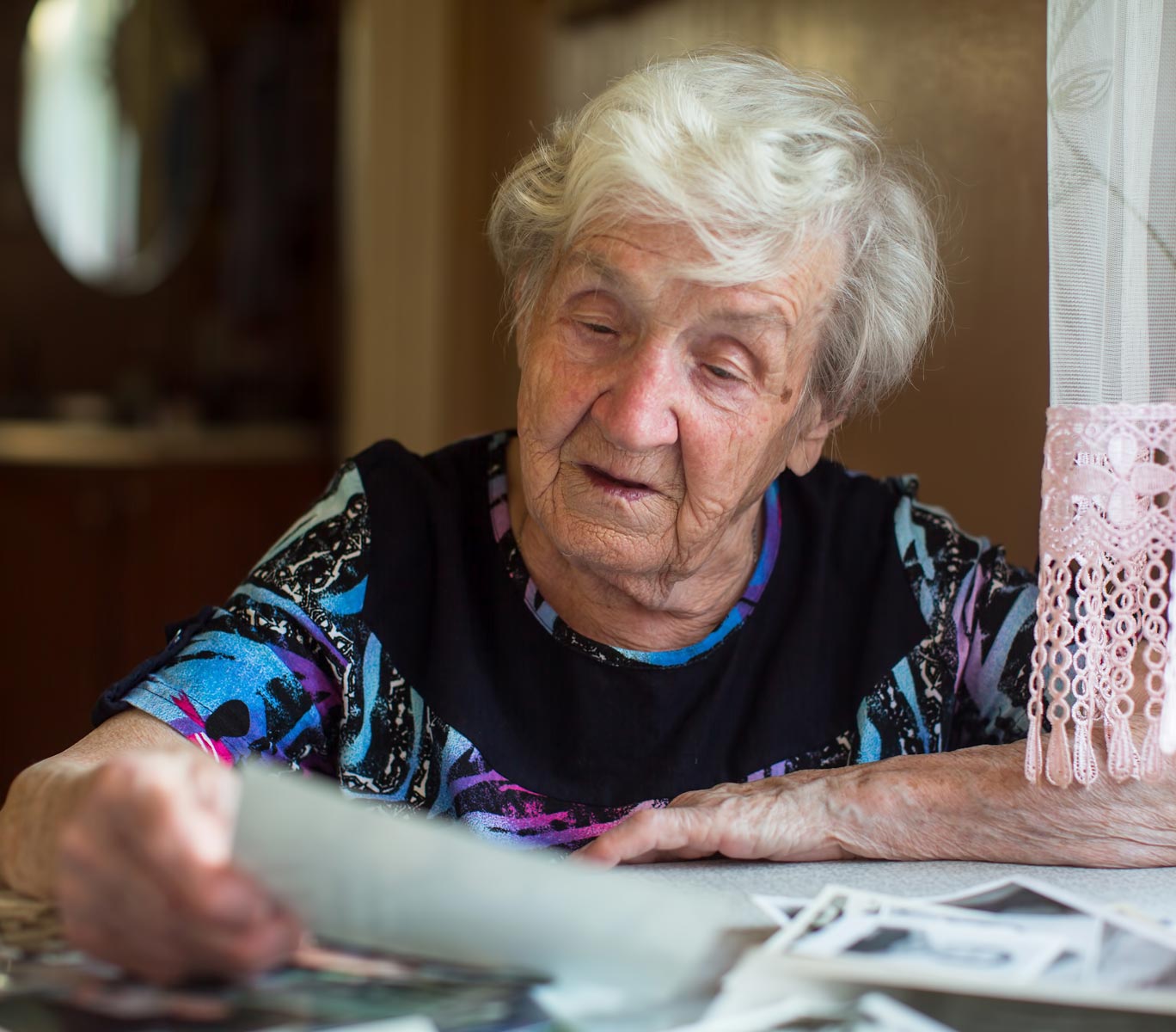
Established in March 2007, Able Guardianship Services, LLC, provides certified professional
guardianship/conservatorship and trustee services to approximately 230 individuals in five counties throughout much of western Washington.
Able Guardianship Services is dedicated to providing the highest quality of support services for individuals subject to guardianship/conservatorship. We accomplish this by carefully looking at the whole picture and with as much input from the incapacitated person as possible, weigh the advantages against the disadvantages, the risks versus the benefits, and develop a plan that tries to respect personal power and choice while maintaining the person’s safety and security.
We hold a Certified Professional Guardianship Conservatorship Agency (CPGCA) designation. CPGCA designations must be approved by the Certified Professional Guardianship Conservatorship Board and certified by the Washington State Supreme Court. This allows the Agency itself to become qualified to perform services as a professional guardian/ conservator as defined in RCW 11.88.008. Certification is given to agencies that meet the requirements for certification of an agency in General Rule of Court (GR) 23.
Services Offered
Our Service Area
Headquartered in Olympia, WA, our agency provides services throughout much of western Washington. Our current service area includes the counties of:
Referrals from adjacent counties are considered on a case-by-case basis.
Please contact us for more information.


What is a Guardian or Conservator?
A guardian is one who has been appointed by the Superior Court to act for a person whom the superior court has found to be incapacitated. The court may appoint a guardian (formerly guardian of the person), a conservator (formerly guardian of the estate), or both, depending on the needs and capabilities of the individual. In general, a guardian is responsible for the individual’s “care, custody, and control,” while considering and respecting the individual’s preferences. Guardianship and Conservatorship can be limited in any manner that the court believes to be appropriate.
In those instances, the powers of the guardian are limited to those specified in the court order and the limitations are reflected in the Letters of Guardianship issued by the Clerk of the Court.
The responsibility of a Guardian typically involves assisting the Protected Person with the daily decisions that affect personal life. For example, a guardian would be empowered to decide where the Protected Person should live and to make medical decisions. In order to do this the guardian will have to gather some knowledge of the Protected Persons finances as well as the Protected Person’s personal needs. A conservator focuses on the financial needs of the Protected Person.
